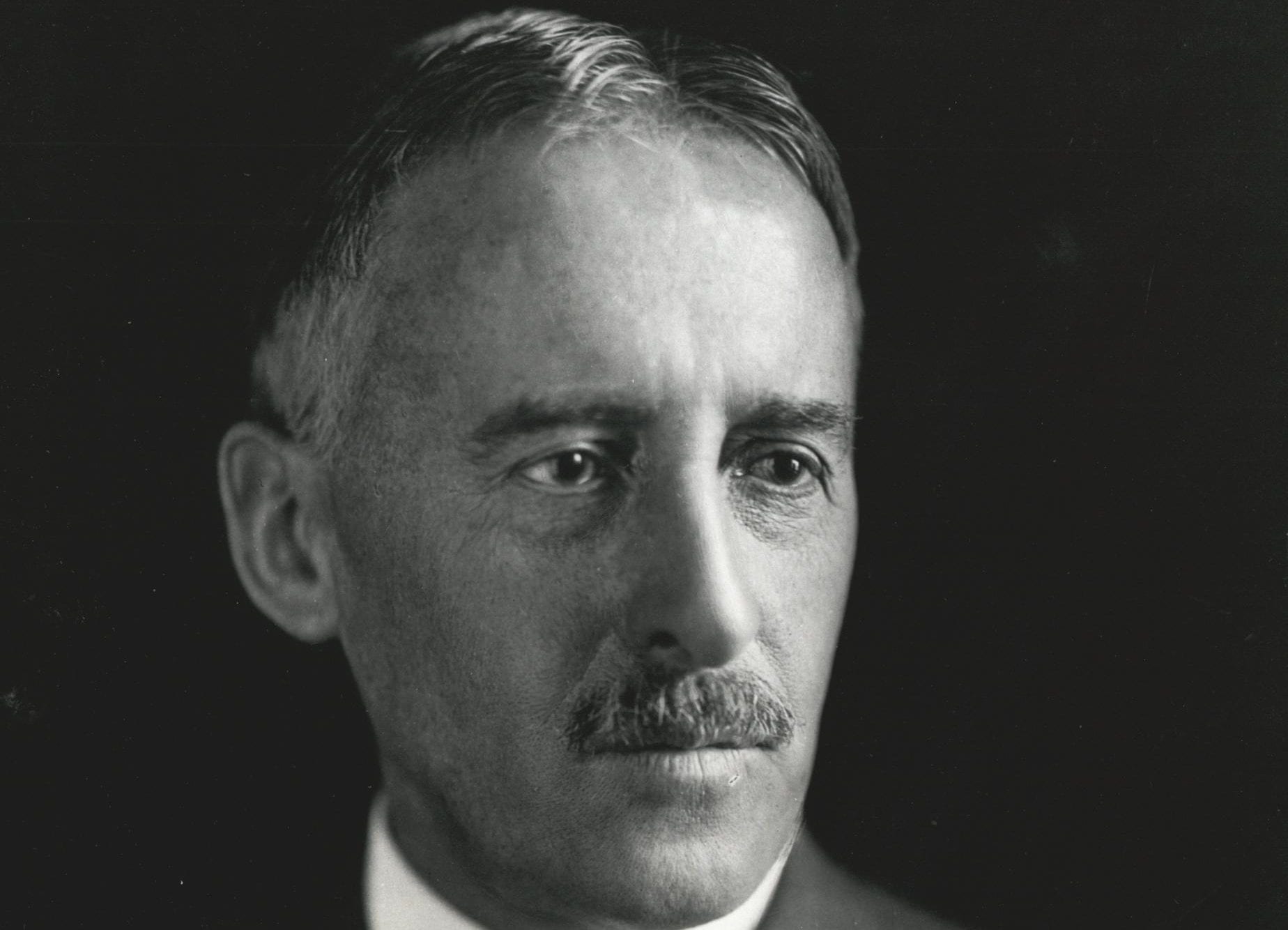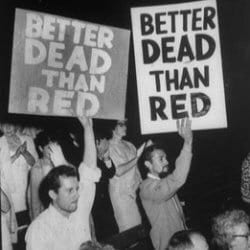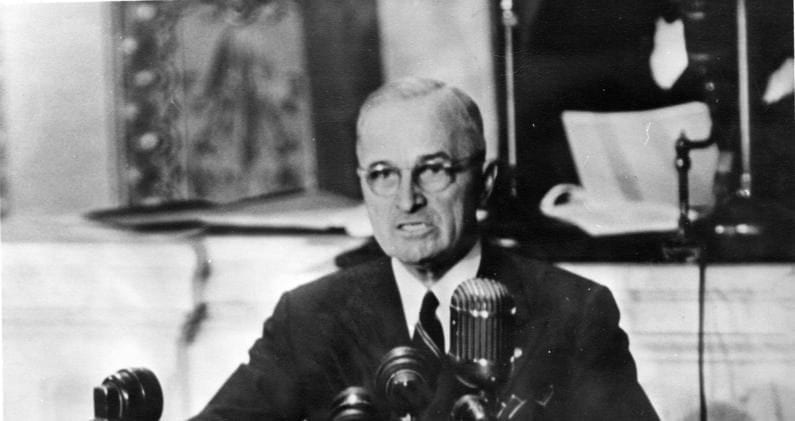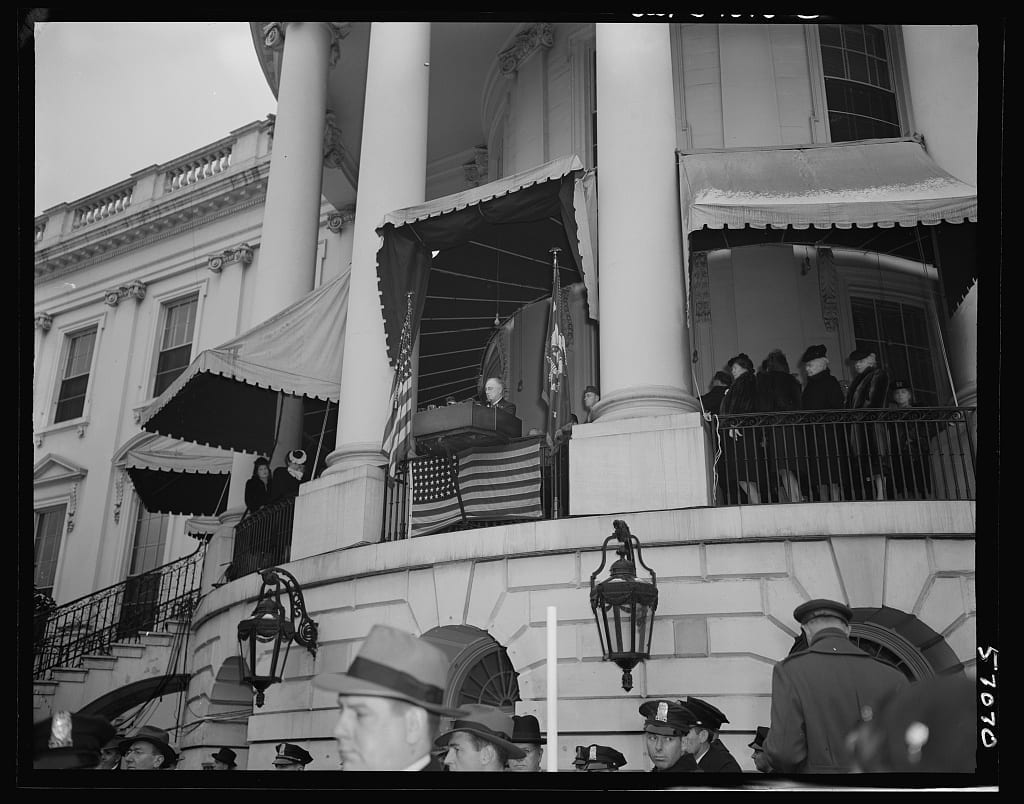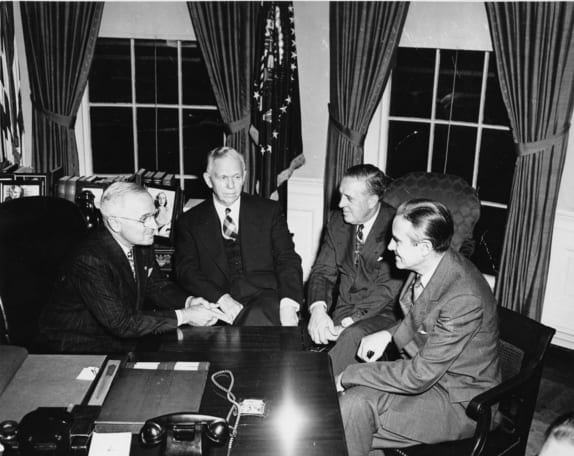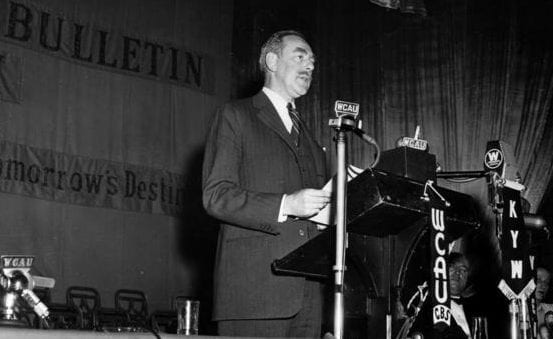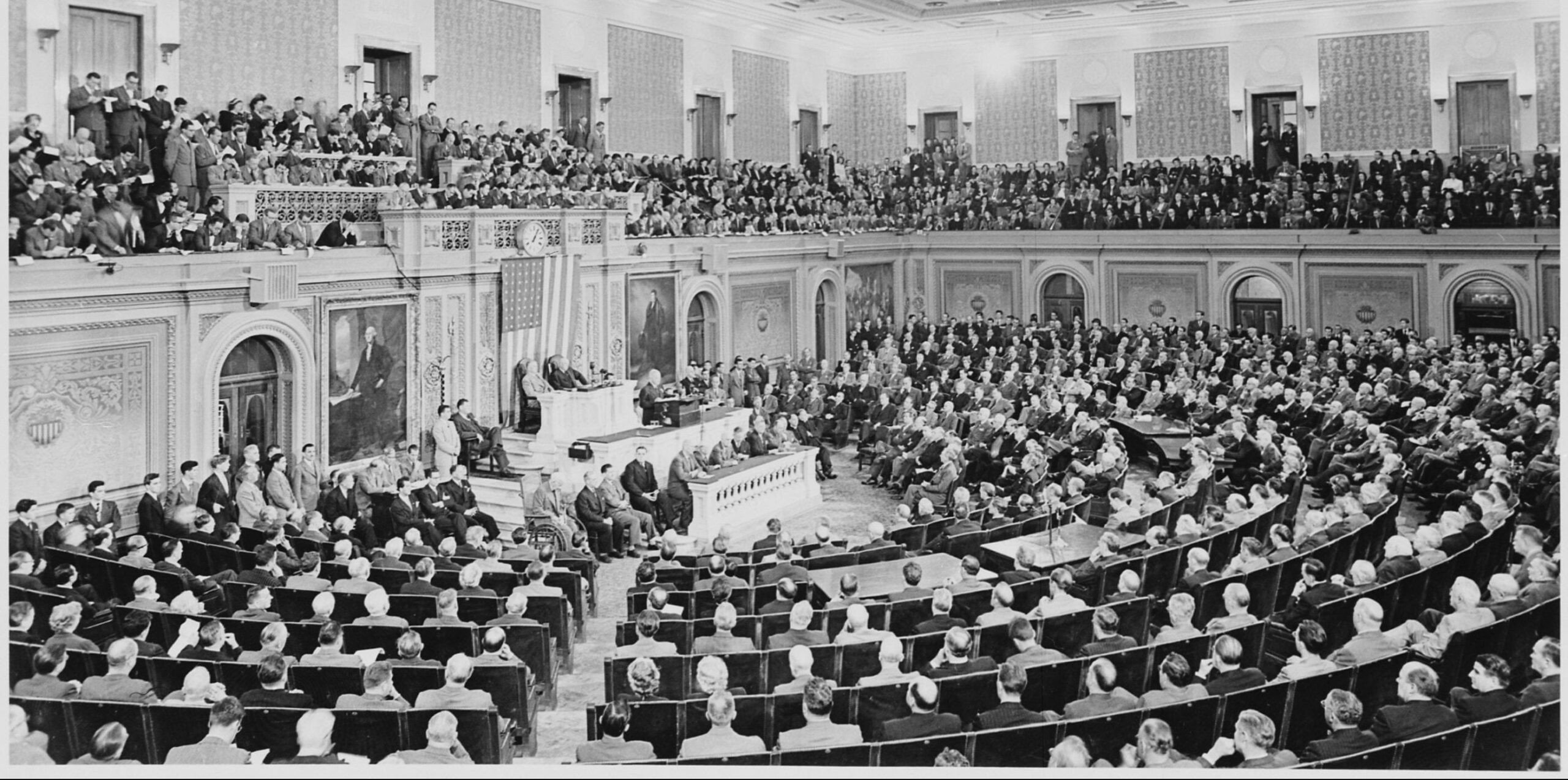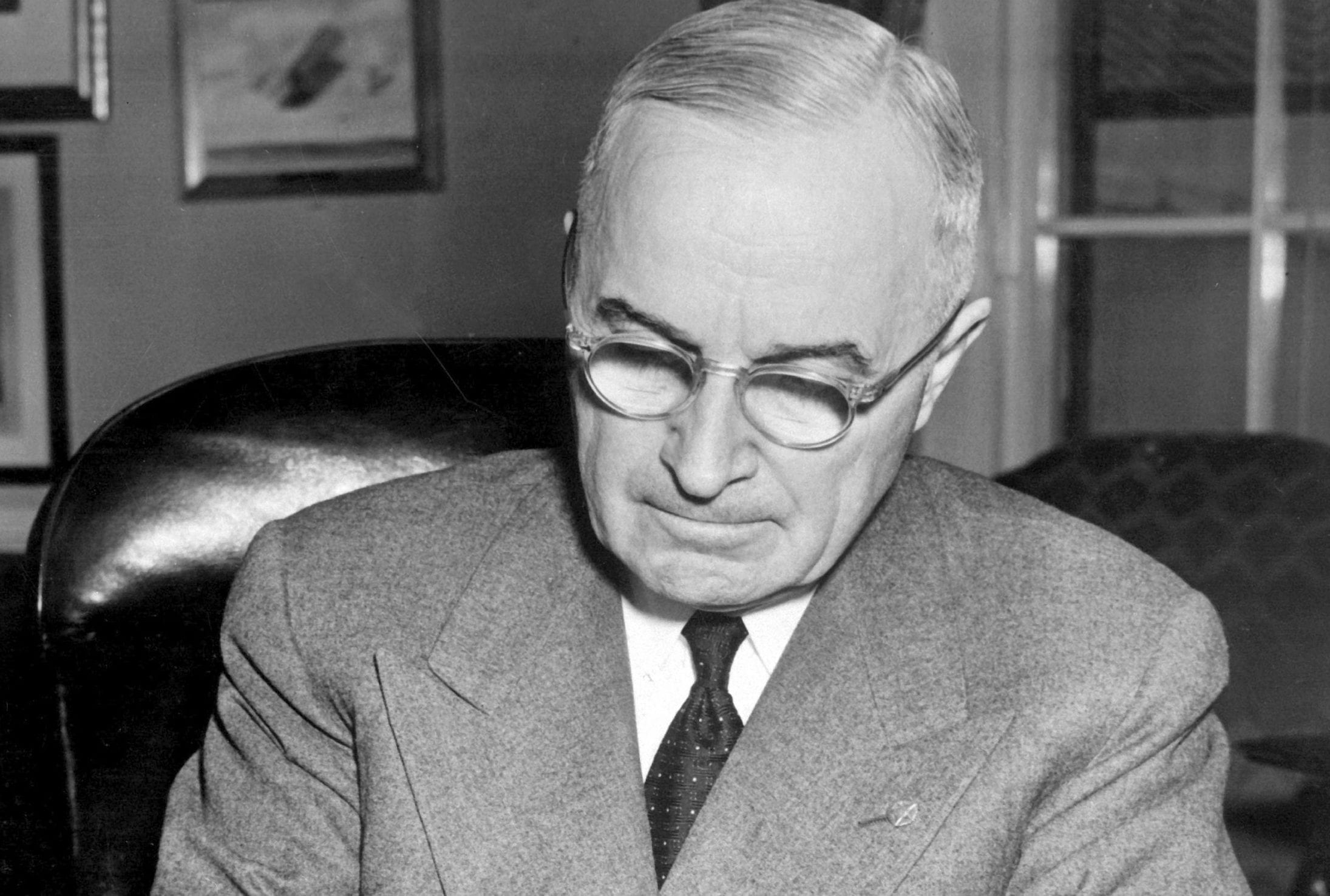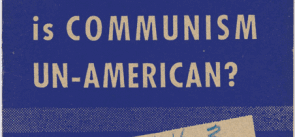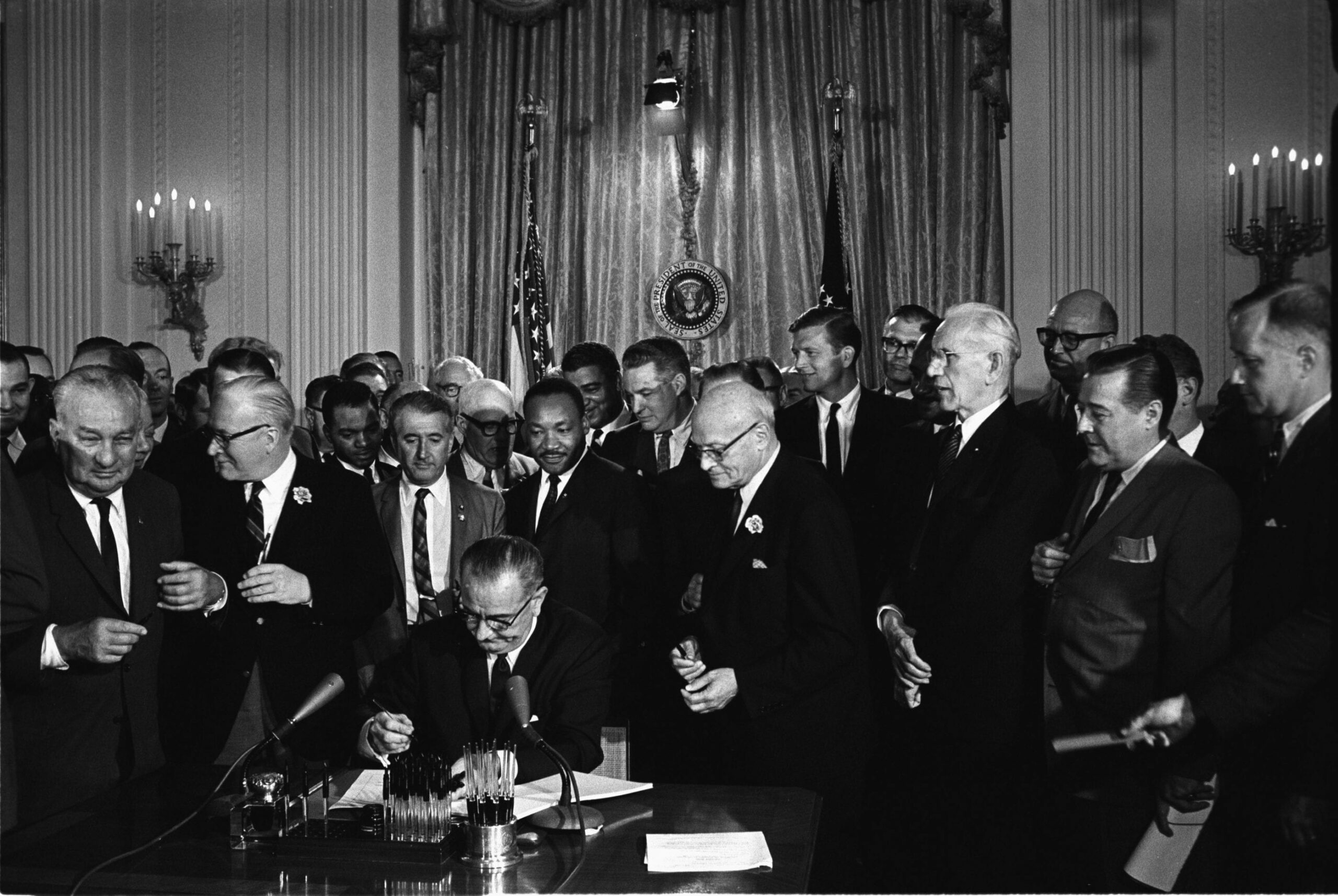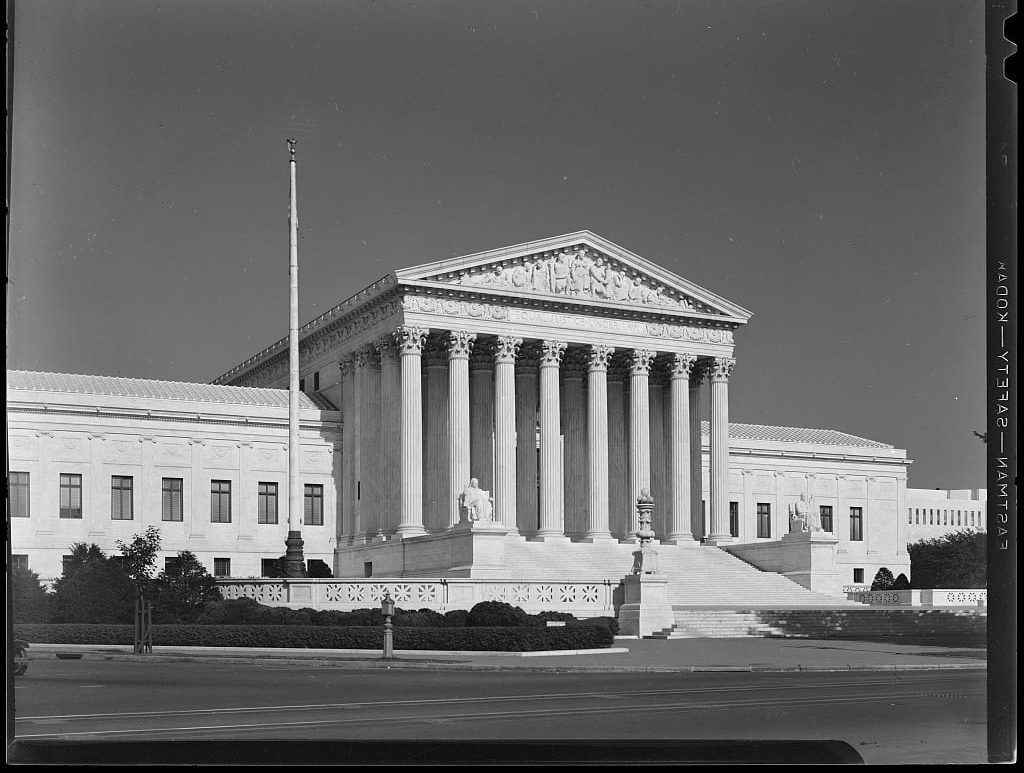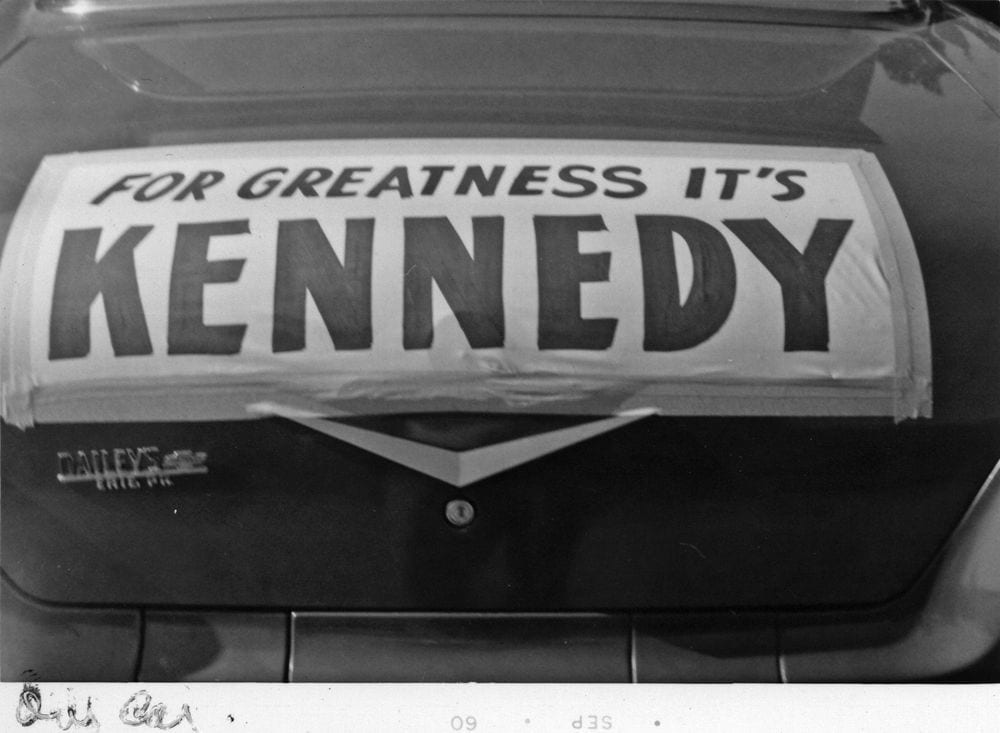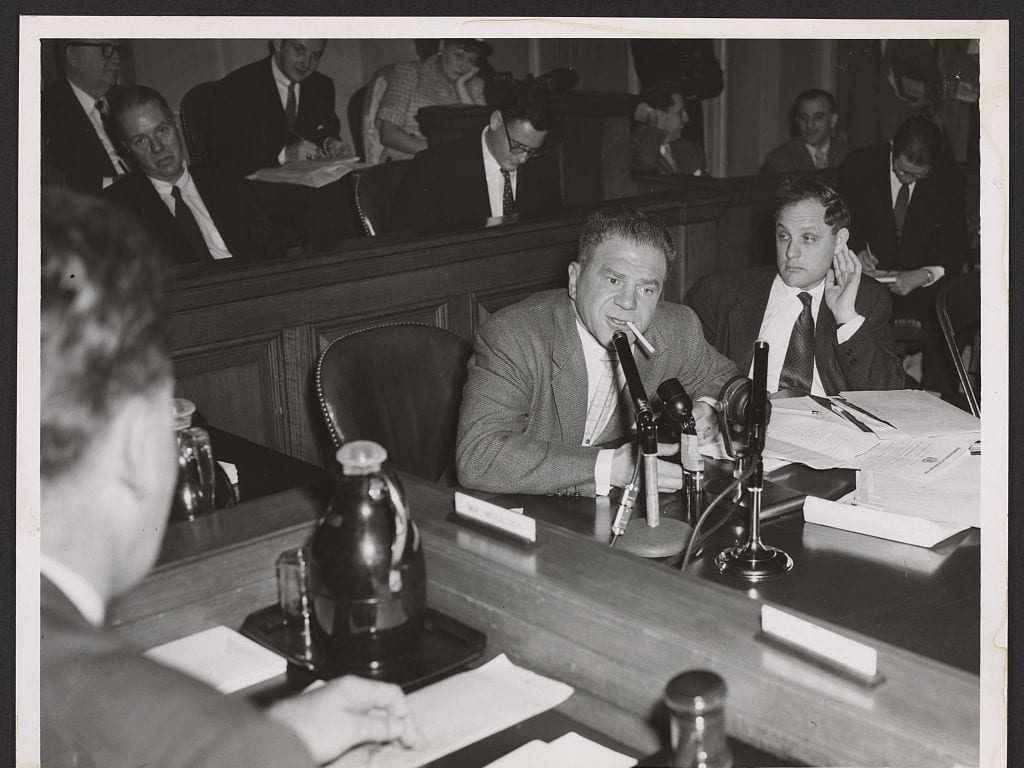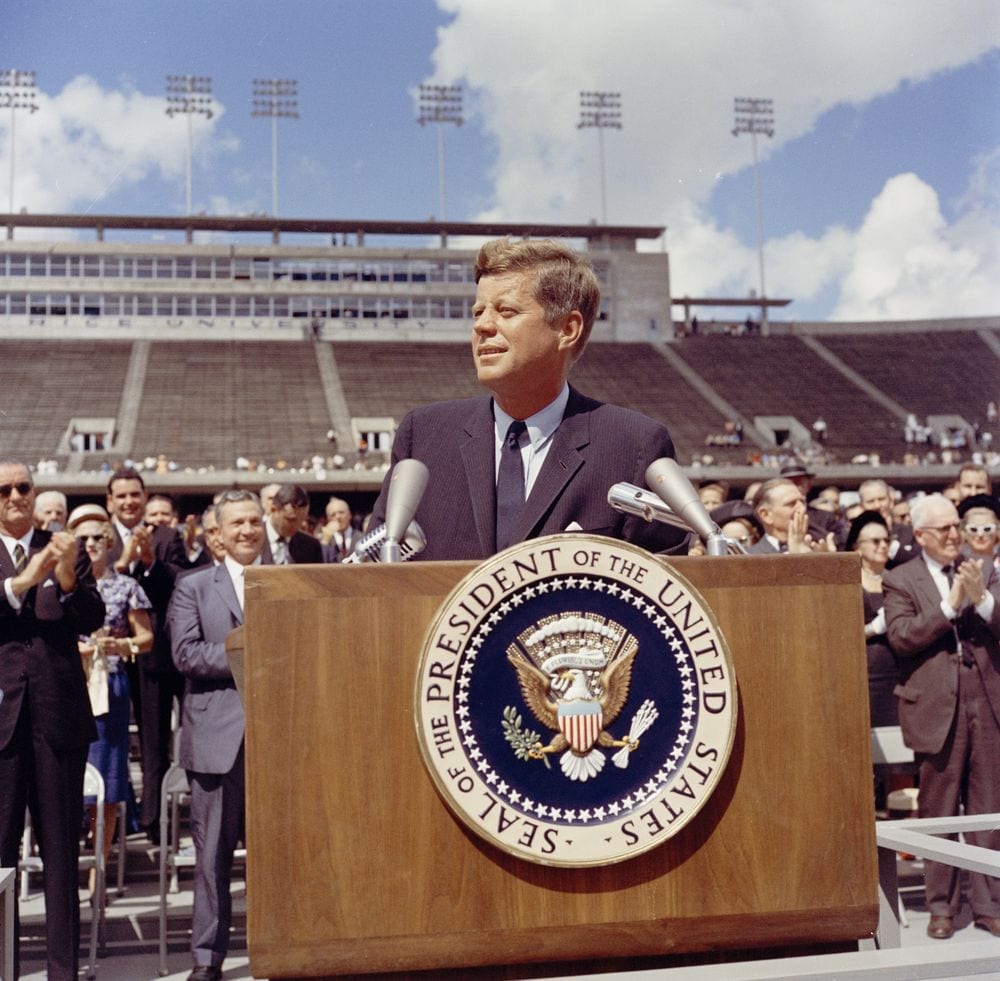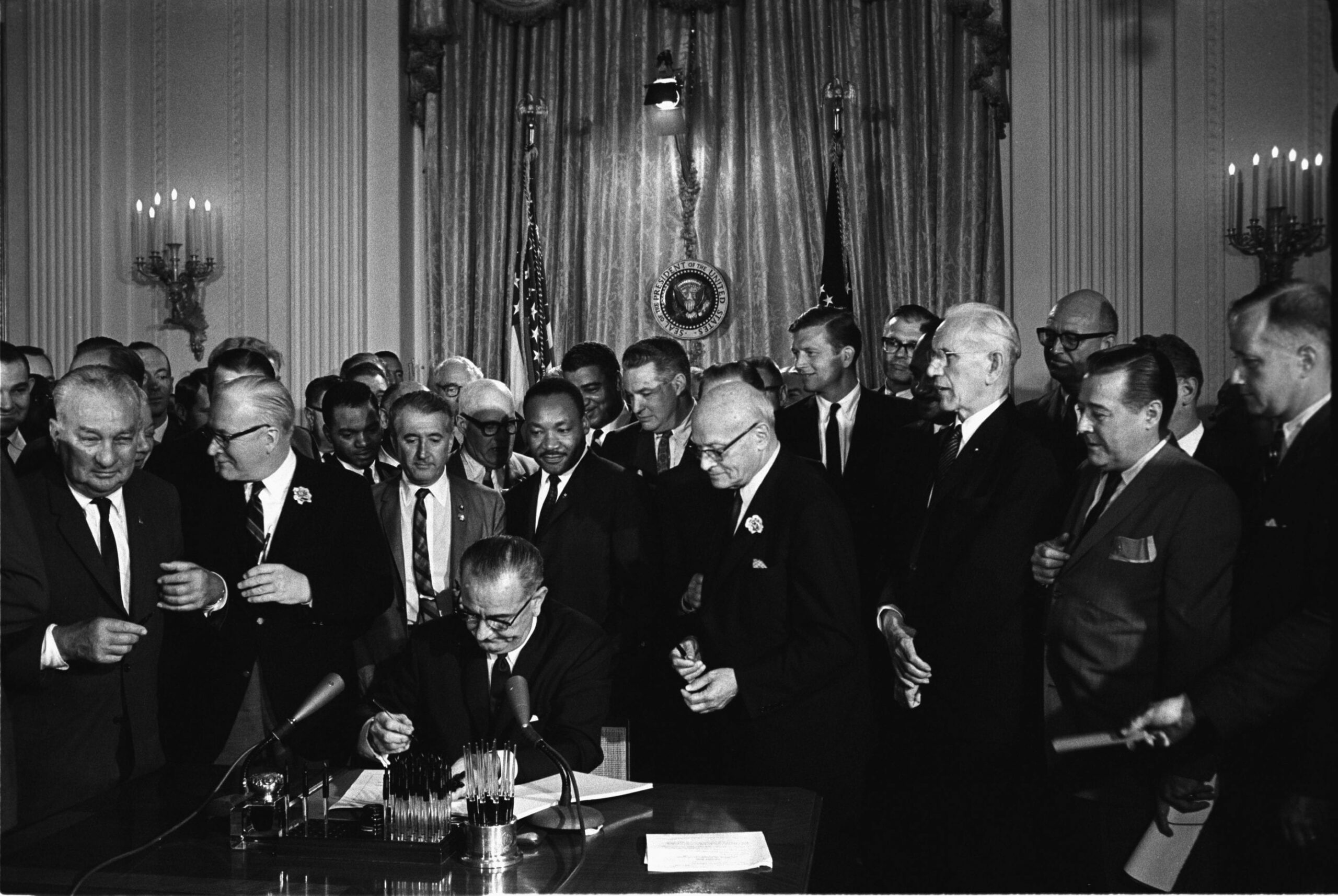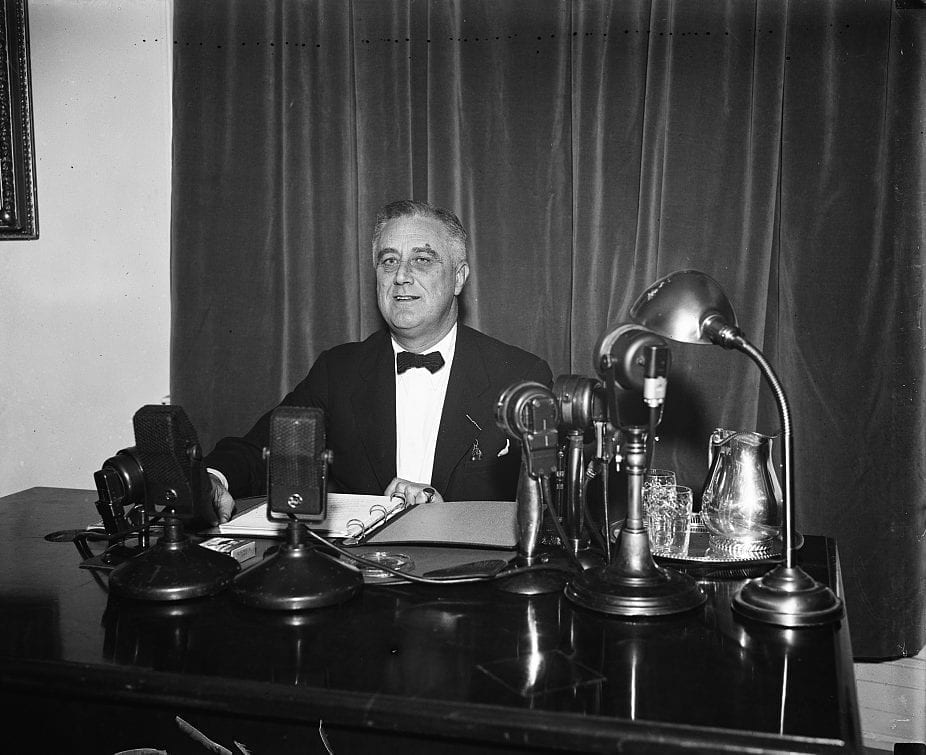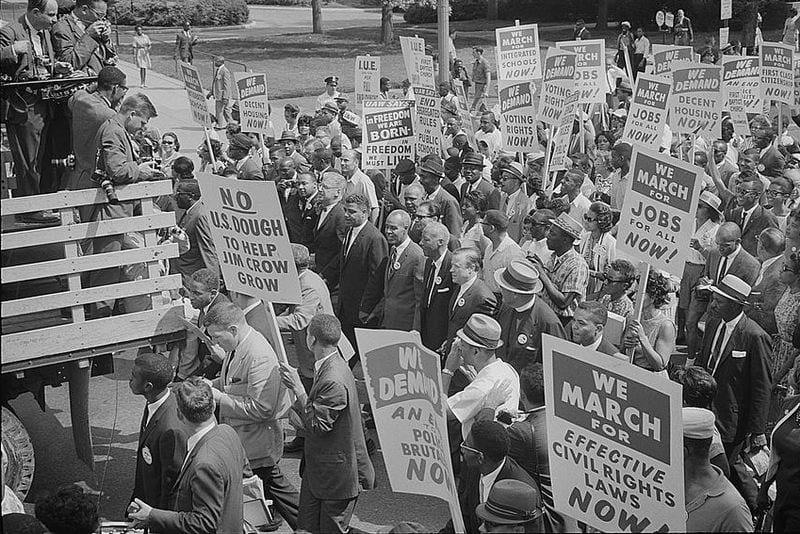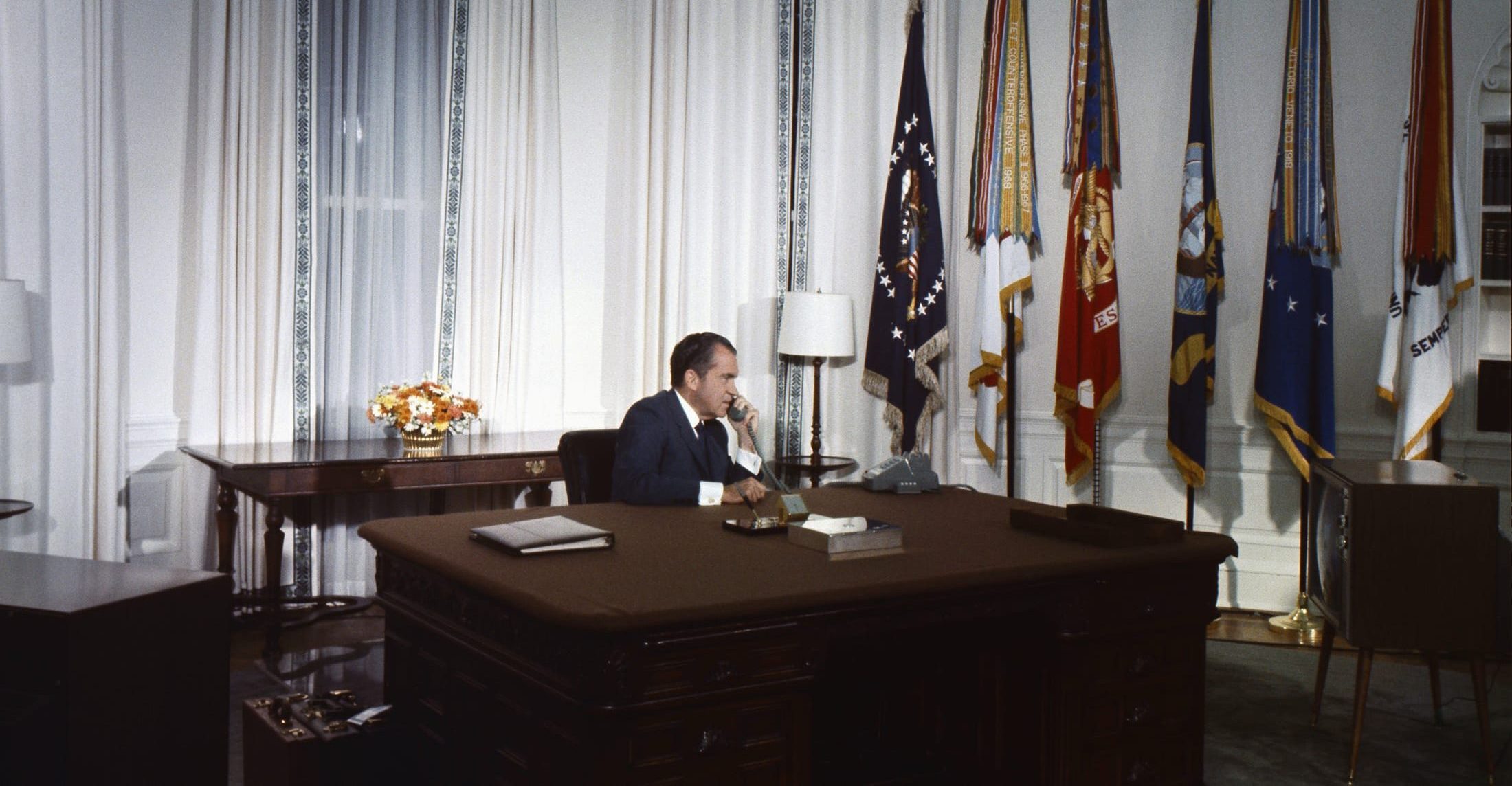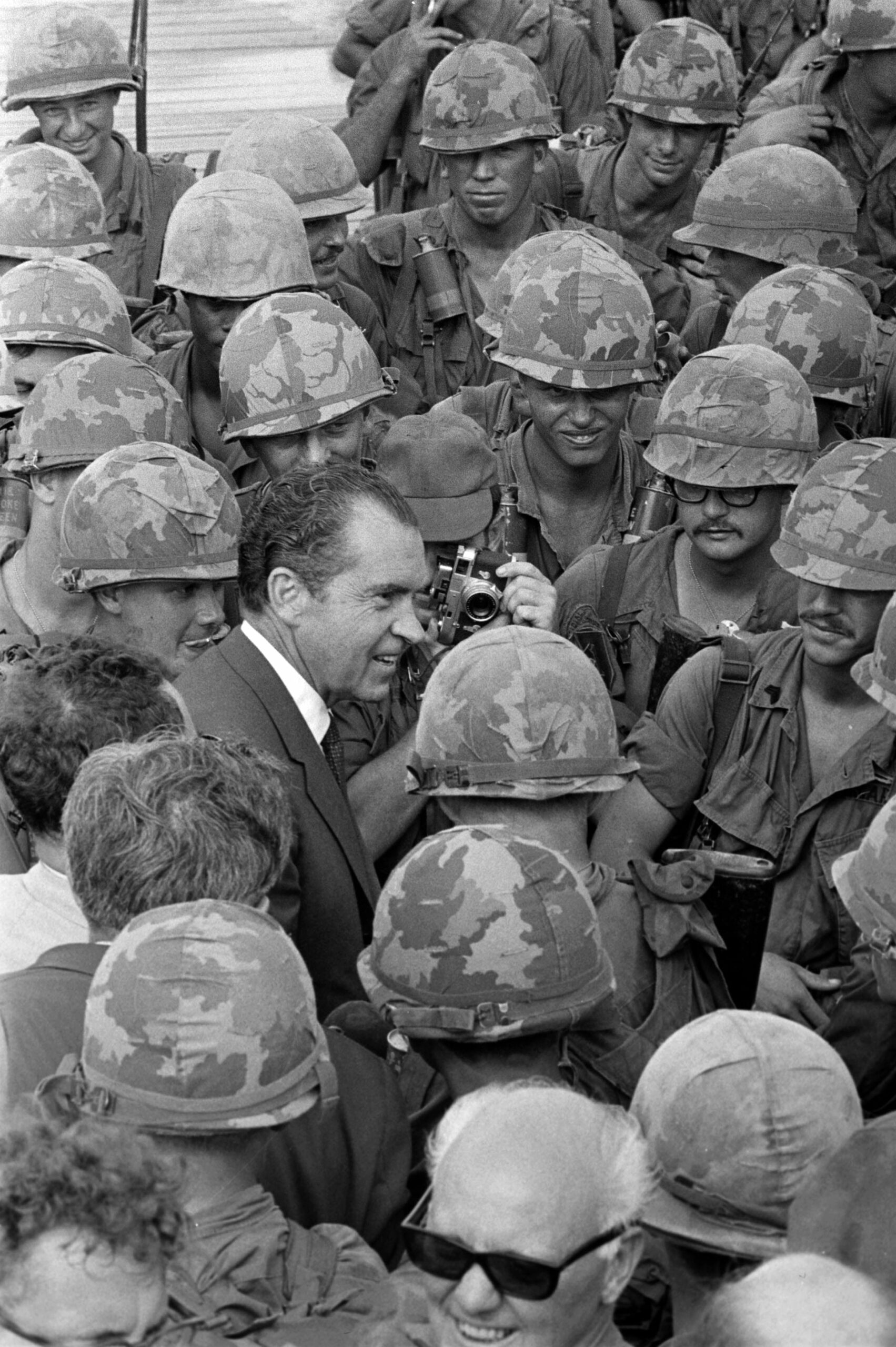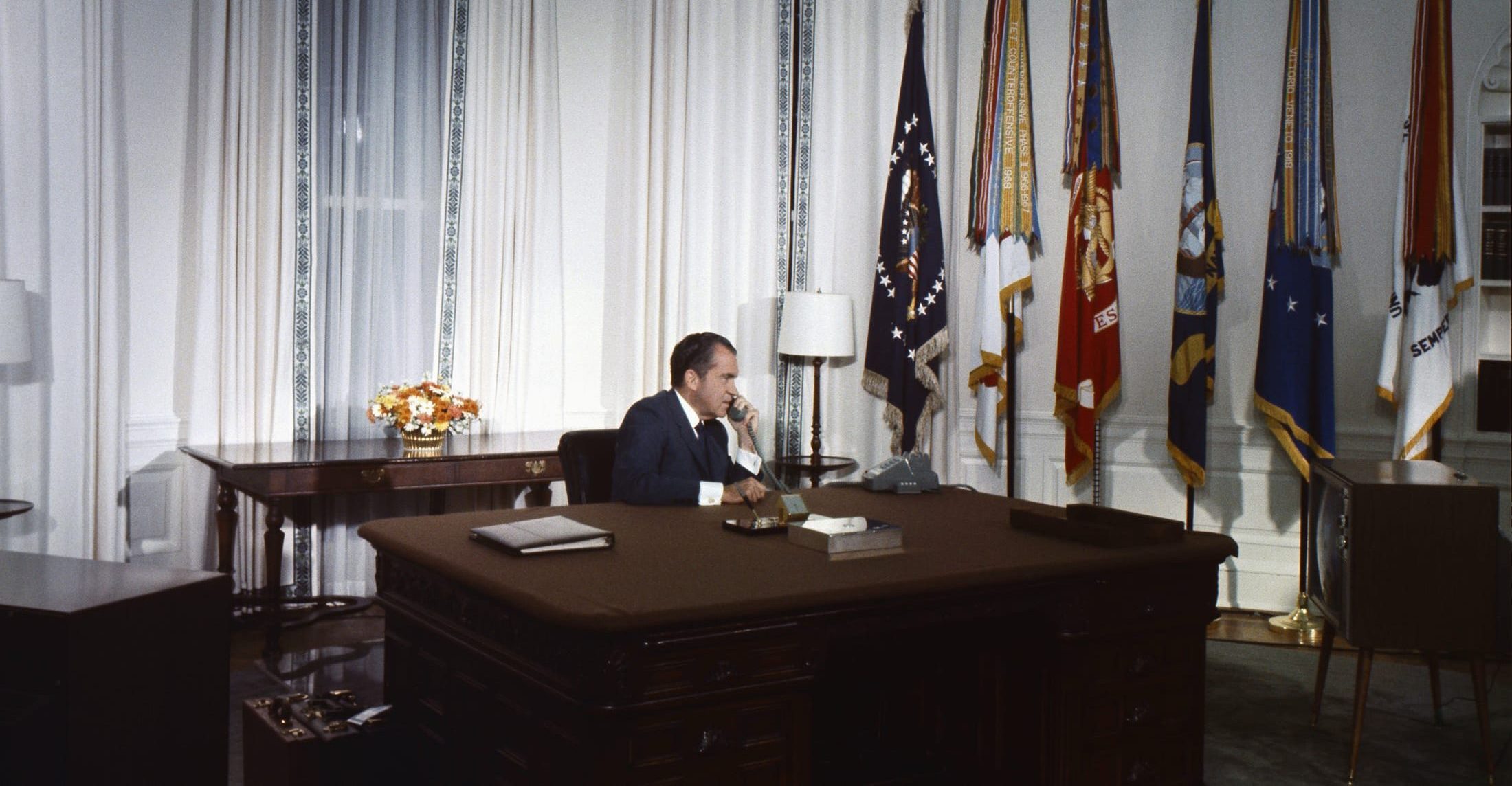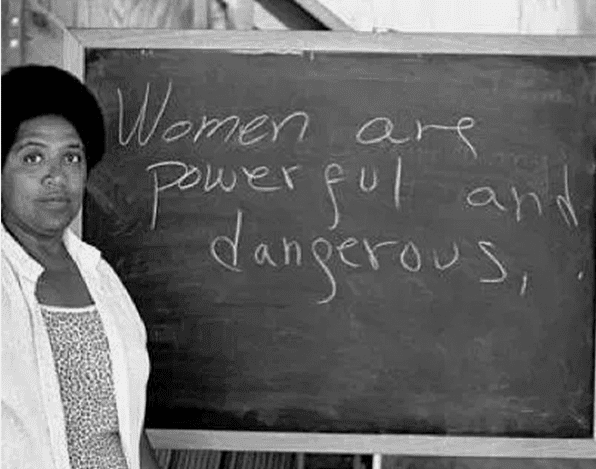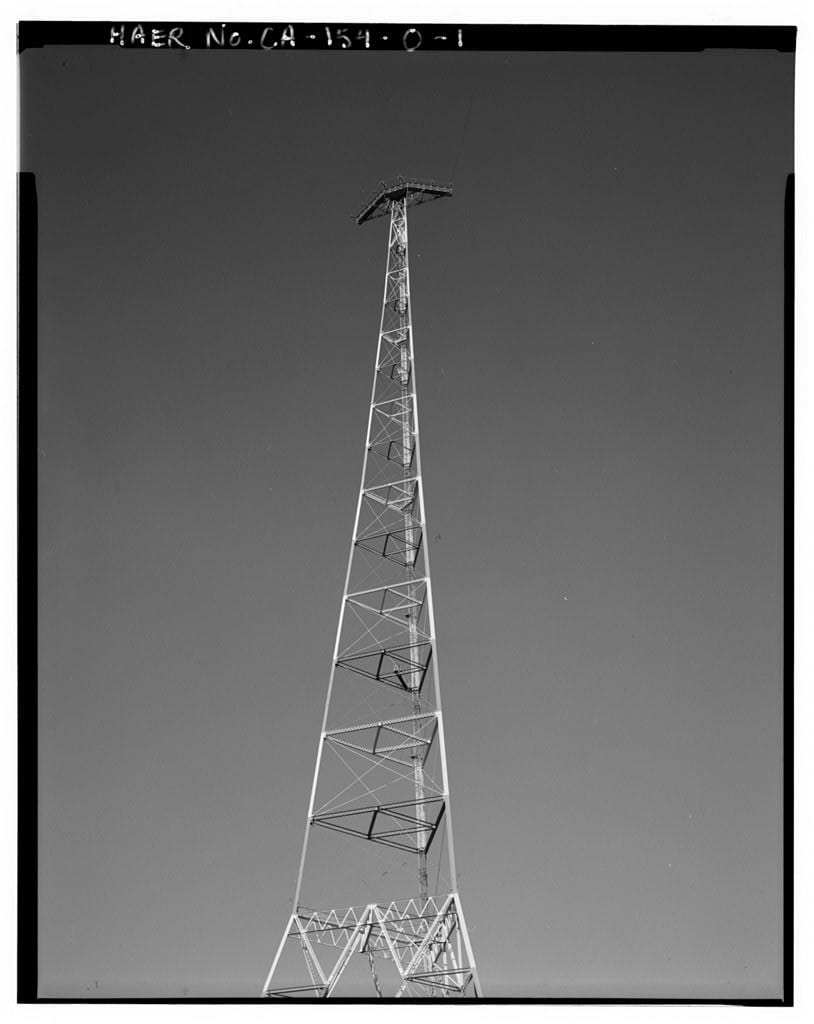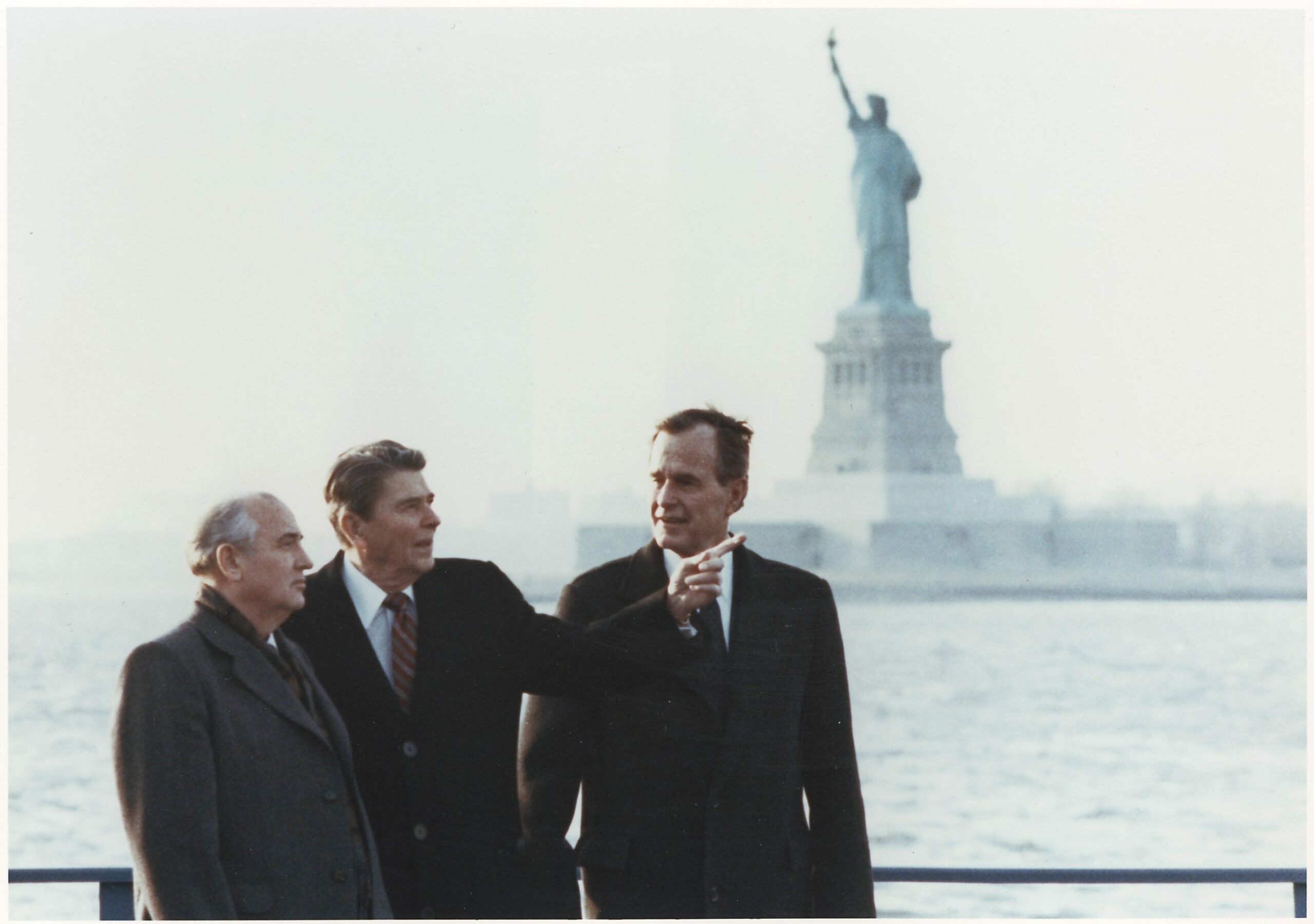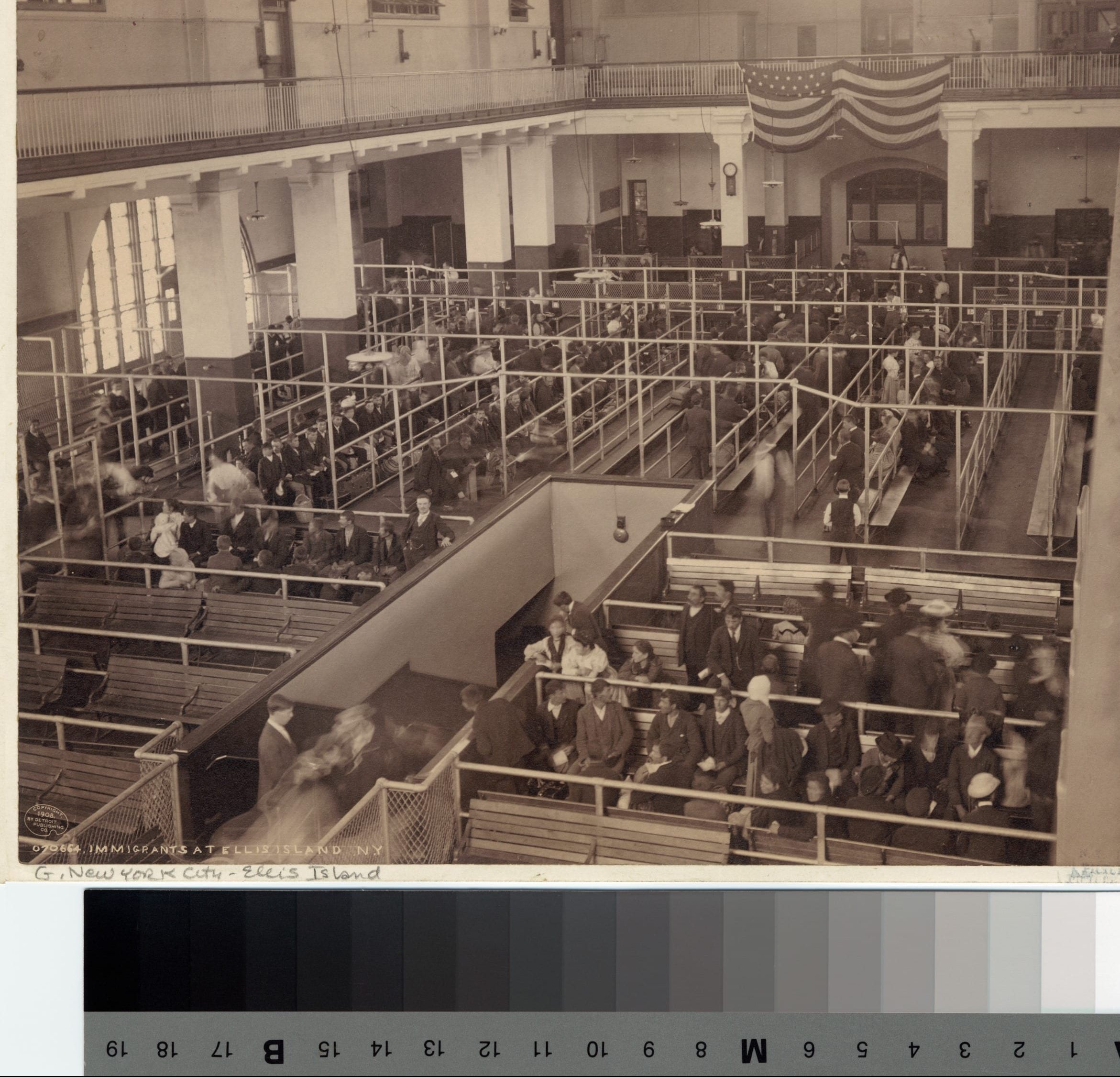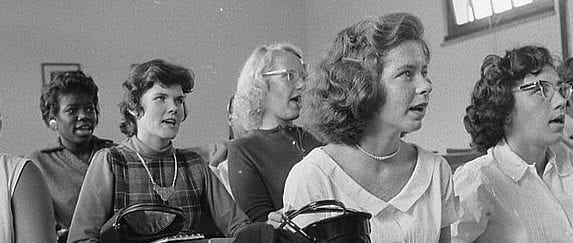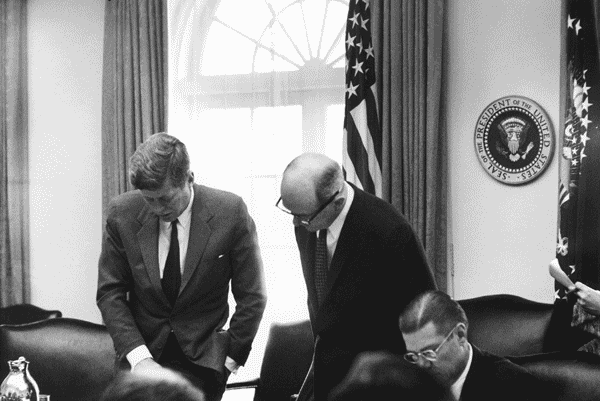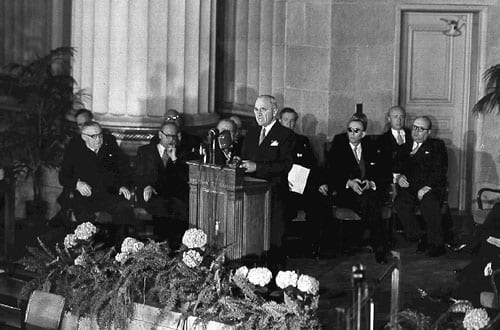
No related resources
Introduction
In May 1985, Amy Eilberg (1954–) was the first woman ordained as a Conservative rabbi by the Jewish Theological Seminary. Shortly after her ordination, she was interviewed by the Jewish feminist publication Lilith. In the sections of the interview excerpted here, Eilberg addresses her own ambivalence about the costs associated with feminist progress in Judaism, even as she celebrates her journey towards the rabbinate. In particular, she worries over the loss of tradition and continuity within the liturgy when religious language is changed to accommodate both sexes, while at the same time recognizing that some women’s horizons may be symbolically limited by language that is less than inclusive. At the same time that she tentatively embraces linguistic gender neutrality, however, Eilberg suggests that there may be ways in which the uniqueness of men and women need to be better explored and represented within the Jewish community. Her interview thus reflects the tension many devout women have felt as they have struggled to balance their embrace of the expanded roles available to them in the secular world with their desires to maintain their allegiance to what are often theologically conservative traditions.
Source: [Amy Eilberg], “Exploring the Link between Womanhood and the Rabbinate: Lilith Interviews the First Woman Ordained in the Conservative Movement.” Lilith 14 (1985–86): 20–21.
Lilith: As of June, 109 women have been ordained as Reform and Reconstructionist rabbis. What do you think is the reason for the excitement—in the press and generally—about your ordination as the first woman Conservative rabbi? Is it due to the Conservative movement’s being viewed differently?
Eilberg: Someone said to me recently that when the Episcopalian Church decided to ordain women, that engendered a degree of excitement that in some way surpassed the earlier decisions of the more liberal churches. There’s a set of expectations that in the more right-wing religious bodies there still is religious inequality for women. So when women are allowed to move forward there, that is very significant—it affects everyone. There’s hope for all of us, and there’s hope for all of our aspirations. The degree of media and community attention also conveys the sense that there’s work left to be done. If feminism were a closed issue, if we were an egalitarian society, then this kind of event would not engender such excitement. People’s excitement seems to be directly related to their own sense of denied aspirations or frustrations along the way, so that another woman’s achievement gives women hope in their own struggles.
Lilith: What has happened in the community in the past 12, 13 years to cause the momentous event of your ordination to take place?
Eilberg: I think it was a gradual process of the community’s opening its eyes to the fact that while there is still work to be done, women are substantial partners in the society in which we live. The Jewish feminist movement placed the issue on the agenda of the Jewish community and raised the question, “do you really want Jewish society to lag so far behind the general society in which we live?” We as a community gradually came to the conclusion that, if anything, we were proud that our Jewishness represents a progressive, ethical outlook. . . .
I was at a meeting of a group of people who have a traditional egalitarian minyan (quorum of worshippers). One of the feminists in the group suggested a couple of minor changes in reference to God-language. I expected some of the men to oppose her suggestion on grounds that it is against halacha (Jewish law). The responses that were voiced, though, were: “We cannot make those kinds of changes ever, because God in the Jewish religion is male, and the language is accurate in reflecting that.” Now that’s the sort of thinking we have to struggle against.
Lilith: How do you feel about changing sexist God-language?
Eilberg: I am in deep conflict about it at this point. I have a very strong commitment both halachically and emotionally to the traditional liturgy. I have been praying the words of this traditional liturgy literally every day for the past 15 years and somewhat less regularly for more years than I have memory of. Traditional Judaism is a very important part of my life. My connection to the traditional liturgy—which represents in many ways the chain of tradition between me and my Jewish forebears—is very strong. I have great allegiance to the halachic system, as well. I approach the question of liturgical change with great trepidation and great care. There would be a sense of loss for me—loss of that sense of continuity and that sense of allegiance—if I were to begin to change the language with which I pray.
On the other hand, I am beginning to feel very strongly that God-language is very much both a reflection of and a prescription for the kind of society that is to be lived on earth. Thus, the fact that all our God-language and imagery is male convinces us every time we speak that language that it is the natural order of things that males be in control.
So in the same breath in which I come to a congregation to announce that the broader significance of my ordination as a rabbi is an invitation to all the women in the community to consider themselves equal partners in Judaism, I must raise the very obvious question that as women open the siddur (prayer book), they will see a message that at some level contradicts that invitation to equality. . . .
[Eilberg was asked several additional questions about her spiritual journey towards ordination in which she discussed her childhood and high school faith experience.]
Lilith: What happened after high school?
Eilberg: In 1972, I went to Brandeis. The community was tremendously supportive of women’s equality and women’s aspirations. It was the dawn of Jewish feminism. . . .
In the spring of my freshman year (1973), the first National Jewish Women’s Conference was held. My life was changed by that conference, which I did not even attend. When a friend told me that Rachel Adler had davened[1] there with tallit (prayer shawl) and tefillin (phylacteries), this represented an answer to a question I had been asking.
I had come to Brandeis with a fairly strong traditionalist inclination, but also some feminist or at least egalitarian consciousness. But I did have the sense that the call for equality in the traditionalist Jewish community—by which I included the Conservative movement—would have to take into account the issue of obligation. For me, the blanket call for equality wasn’t the whole story. Obligation, however you conceptualize it—from a personally commanding God or a sense of commandedness by God, or in a Kaplanian[2] sense of one’s obligation to the community—was a concept that had to be factored into the discourse. . . . I was very much struck by the connection between the halachic exemption of women from a whole set of mitzvot[3] and women’s exclusion from certain roles in the community.
After learning about Adler’s action, I decided that I would take on the obligations of tallit and tefillin; these being only an example of that series of mitzvot from which women are exempt. I said to myself—and the community—that I rejected the notion that I was exempt and therefore excluded from a certain set of central activities simply by being a woman, and that by my repudiation of the exemption status I had made myself into the type of women that the halacha would have to see as an equal. It was at that point that I began to feel comfortable leading services, reading the Torah. I had a male friend teach me to put on tefillin, read, lead services. I began to teach other women to be shlichot tzibur (prayer leaders). Two years later I began to think of the rabbinate. . . .
[Eilberg was asked several questions about her views on women’s issues under Jewish law and on the creation of new liturgies specifically related to women’s life events and roles.]
Lilith: Isn’t there a danger in celebrating and marking women’s particular special experiences? It borders on the idea that there is a separate men’s sphere and a separate women’s sphere, which is something that the Orthodox (and right-wing) are always saying. . . . [in original]
Eilberg: In a sense, all of the new feminist talk about women’s special gifts, women’s unique psychological portrait, and women’s particular form of experience comes very close to what in another time would simply have been called sexism, or the limitation of women. There was a time when talk about women’s differentness was dangerous, the sense that if we feminists began to talk about women having a particular connection to nurturance and caring, we were afraid that men would come back with, “well, if your such experts in nurturance, why don’t you stay home and have children.”
But it seems to me that now that we feel, more or less, that our equality is assured, we do have the liberty to raise those issues again. To remember what, in fact, we have always known . . . [in original] human society has always known . . . [in original] that there are some gender differences. . . . [in original] We can rediscover those differences and take a new look at them.
Throughout the ’70s and until a year or two ago, my feminism was primarily of the civil libertarian variety—that is, the struggle for equal access to everything. Anything less than full equality is to me unacceptable in feminist or egalitarian terms. Now I am at the point—and the community is substantially at the point—at which equality is assured. I am feeling free in a way I wasn’t before to explore issues relating to women’s different contribution [to Judaism].
- 1. recited the prescribed liturgical prayers
- 2. Rabbi Dr. Mordecai M. Kaplan (1881–1983) was the co-founder of Reconstructionist Judaism, a modern and naturalistic branch of the religion characterized by its evolutionary attitude towards tradition.
- 3. commandments from the first five books of the Bible, the Torah
Speech on the Challenger Disaster
January 28, 1986
Conversation-based seminars for collegial PD, one-day and multi-day seminars, graduate credit seminars (MA degree), online and in-person.

